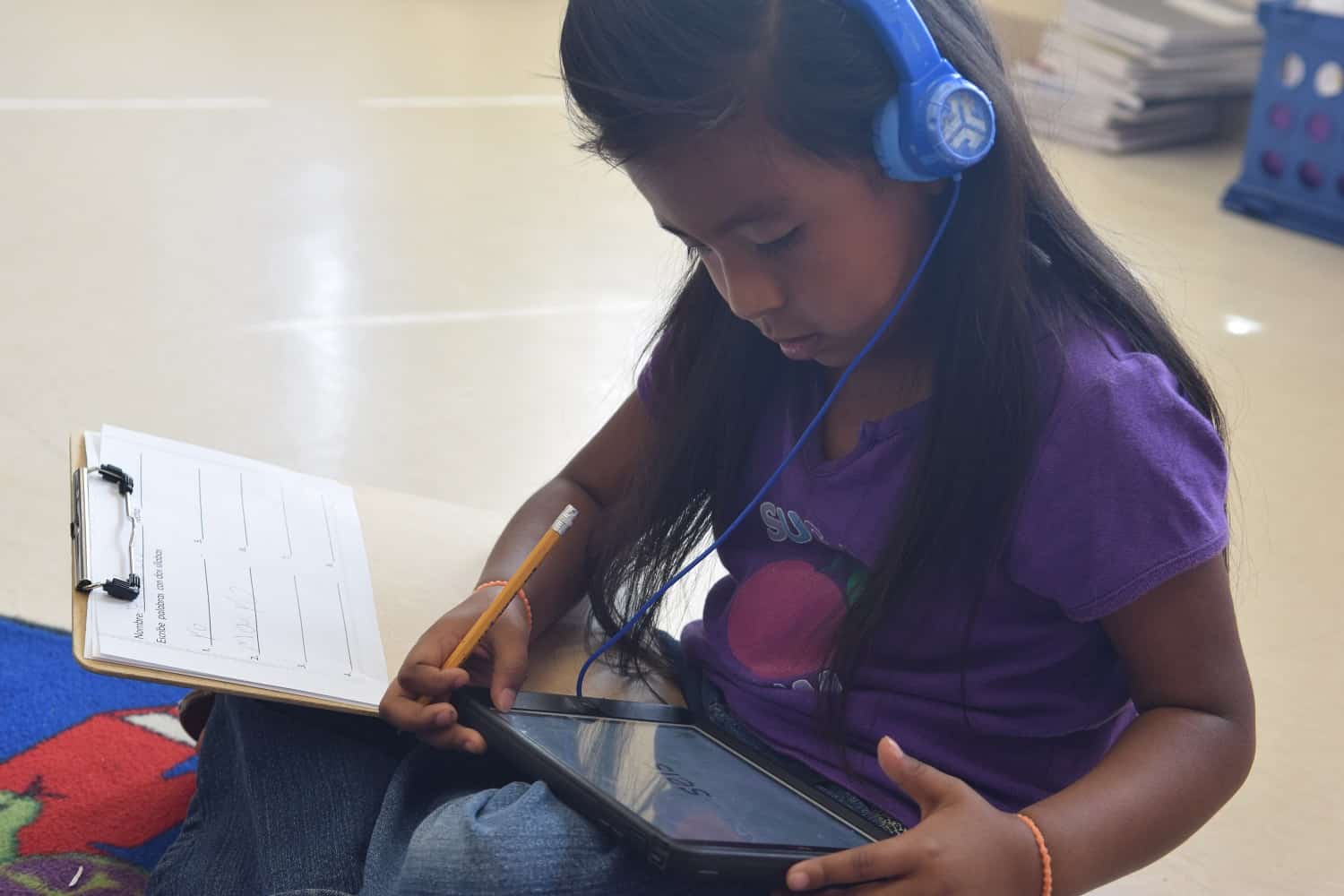The argument for evidence-based education practice is clear:
Given that we have finite human and financial resources, we must concentrate our efforts and our spending on education practices that produce sufficient and equitable student learning.
To be evidence-based is to make decisions using the best evidence available. Sometimes the best evidence available comes in the form of published research that demonstrates the efficacy of education programs. Websites such as the What Works Clearinghouse and the Promising Practices Network serve to support evidence-based decision making by identifying effective educational programs and communicating evidence of their efficacy to decision makers.
However, the list of effective programs identified to date is shorter than the list of programming needs that education decision makers must address each school year. So, to be evidence-based requires that, in addition to implementing programs deemed effective by research, decision makers must commit to frequently evaluating the effects of local practices on student learning and improving practices based on evidence from local evaluations.
If we are to become a thoroughly evidence-based education system in North Carolina, then we must take on certain habits of the mind and habits of the community that lead to implementing effective programming and improving practice based on evaluation evidence.
Important habits of mind are essentially habits of inquiry that lead to knowing something with reasonable certainty. These habits include frequently asking why we are doing what we are doing, what effect is it having on student learning, and how do we know? Many educators throughout the state engage in these habits of inquiry within their PLCs (Professional Learning Communities), where optimal discussions are grounded in evidence of student learning. It is possible too that the new teaching evaluation processes underway in North Carolina can be used to foster collaborative inquiry where principals, coaches, and teachers work together to identify and foster leadership and teaching practices that yield better and more equitable student learning.
These habits of the mind should guide education funding decisions as well, at the district and state levels.
Of course, to understand the effects of our current programming on student learning and to base funding decisions on that knowledge will be made more easy when our communities work together to ask and answer crucial questions.
Building on habits of the mind, important habits of the education community will support evidence-based practice.
Purposeful partnerships among governance bodies, evaluators, policy makers, and educators can result in education communities that persistently ask and answer crucial questions related to student learning, generating a local evidence base that supports effective decision making.
Within such partnerships, those with governance responsibilities – legislators and members of boards of education – will be called on to ask difficult questions, to demand strong evidence in response to their questions, and to hold one another accountable for funding decisions based on strong evidence rather than political capital or popular concerns. Evaluators will need to design their evaluations to provide strong evidence in response to questions posed by governance bodies, and also to provide important feedback to educators whose crucial questions might be different from questions posed by governance. Policymakers will need to craft policies with the greatest likelihood of translating into evidence-based practice. To do so they will have to engage with educators whose knowledge is essential, not merely advantageous, for effective policy making.
Educators will need to commit to improving student learning by eliminating ineffective programs, implementing effective programs, and continuously improving practices based on local evaluation feedback.
In our collective attempt to produce better and more equitable learning throughout the state we may at times fall short, we may learn that some of our good ideas are not bearing the intended fruit, we may have to put aside cherished practices that prove ineffective and take on new challenges that evidence greater promise. In those cases the emotional and practical difficulty of the work might leave us feeling less than optimistic. However, if we trust one another, if we learn to rely on one another, then we can acknowledge the difficulty of our shared task and return to the drawing board in service of our students.
Perhaps the most important step to becoming an evidence-based education system is to cultivate a spirit of trust among governing bodies, policymakers, evaluators, and educators.

